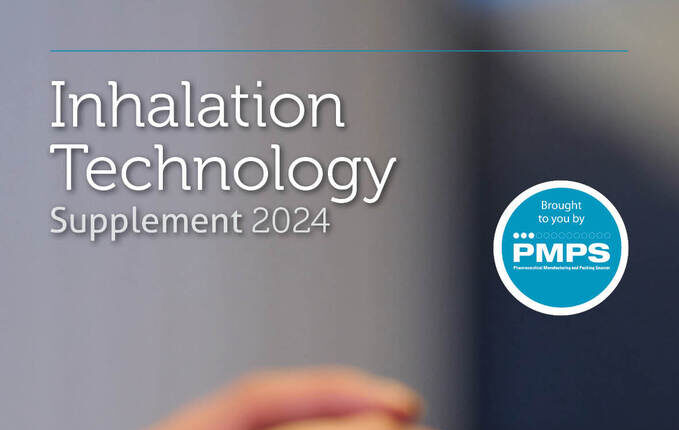This article provides an in-depth look into the enduring significance and evolving sustainability of pressurized metered dose inhalers (pMDIs), a cornerstone in the treatment of respiratory conditions like asthma and Chronic Obstructive Pulmonary Disease (COPD). pMDIs have been a primary mode of drug delivery since 1956, favored for their ability to deliver consistent, aerosolized doses directly to the lungs, ease of use across age groups, and reliability, especially in emergency situations. Notably, these inhalers account for approximately 65% of all portable inhaler prescriptions, underscoring their widespread adoption and the critical role they play in respiratory care, particularly highlighted by the fact that about 95% of all portable salbutamol inhalers are pMDIs.
The sustainability of pMDIs has come under scrutiny due to their environmental impact, primarily related to the use of hydrofluorocarbon (HFC) propellants, which contribute to global warming. Regulatory pressures, including the F-Gas regulation in Europe and the AIM Act in the USA, as well as international agreements like the Kigali Amendment to the Montreal Protocol, are driving the pharmaceutical industry towards more sustainable practices. This includes exploring alternatives to current HFC propellants with high Global Warming Potential (GWP), aiming to significantly reduce the CO2 footprint of these widely used devices.
In response to these sustainability challenges, the industry is considering several modifications to pMDIs. Key among these is the substitution of current propellants with those of lower GWP, such as Koura’s Zephex HFA 152a and Honeywell’s HFO 1234ze. These alternatives promise to maintain the efficacy and reliability of pMDIs while substantially decreasing their environmental impact. Other innovations, such as alternative plasma coating technologies for canisters and the incorporation of digital health tools to improve patient compliance and reduce waste, are also being explored.
Despite the potential of dry powder inhalers (DPIs) and soft mist inhalers (SMIs) as more sustainable alternatives, pMDIs remain indispensable for many patients due to their simplicity, reliability, and suitability for emergency use. The transition to lower GWP propellants and other sustainability-enhancing innovations requires a holistic approach to drug delivery system development. This encompasses not only the selection of eco-friendly propellants but also the optimization of metering valves, container closure systems, and the overall drug formulation to ensure regulatory compliance, patient safety, and therapeutic efficacy.
Aptar Pharma emerges as a key player in this transition, offering new metering valve technologies optimized for low GWP propellants and providing comprehensive support for the development of sustainable pMDIs. Through its state-of-the-art facilities and expert teams, Aptar Pharma enables the optimization, de-risking, and acceleration of low GWP pMDI projects. The company’s holistic approach includes advanced in-vitro and in-silico modeling and specialized analytical testing to refine and control the critical attributes of these complex devices.
The integration of Nanopharm, an Aptar Pharma company, enhances this effort with its expertise in OINDP drug development. Nanopharm’s SmartTrack™ platform exemplifies the innovative tools at their disposal, offering predictive, multi-dimensional insights that streamline the pMDI development process. This platform enables a detailed comparison of traditional and new lower GWP pMDIs, guiding the optimization of formulations and device design to maintain therapeutic efficacy while advancing environmental sustainability.
In summary, the article underscores the critical importance of pMDIs in respiratory care and the ongoing efforts to enhance their sustainability. Through technological innovation and regulatory compliance, the pharmaceutical industry is actively working towards minimizing the environmental impact of these essential medical devices, ensuring they remain a cornerstone of asthma and COPD treatment in a more eco-conscious era.
Learn more about Inhalation Drug Delivery
This Might Also Be of Interest
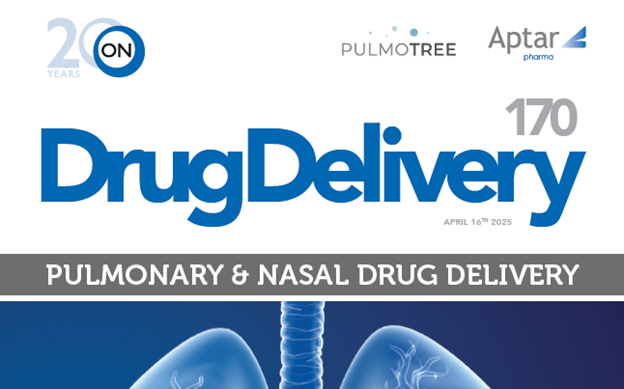
Kolibri™: Precision Inhalation for Biologics with Guided Breathing
Publications, Pharmaceutical, Innovation & Insights, Drug Delivery Innovations, Market Insights, Product Solutions
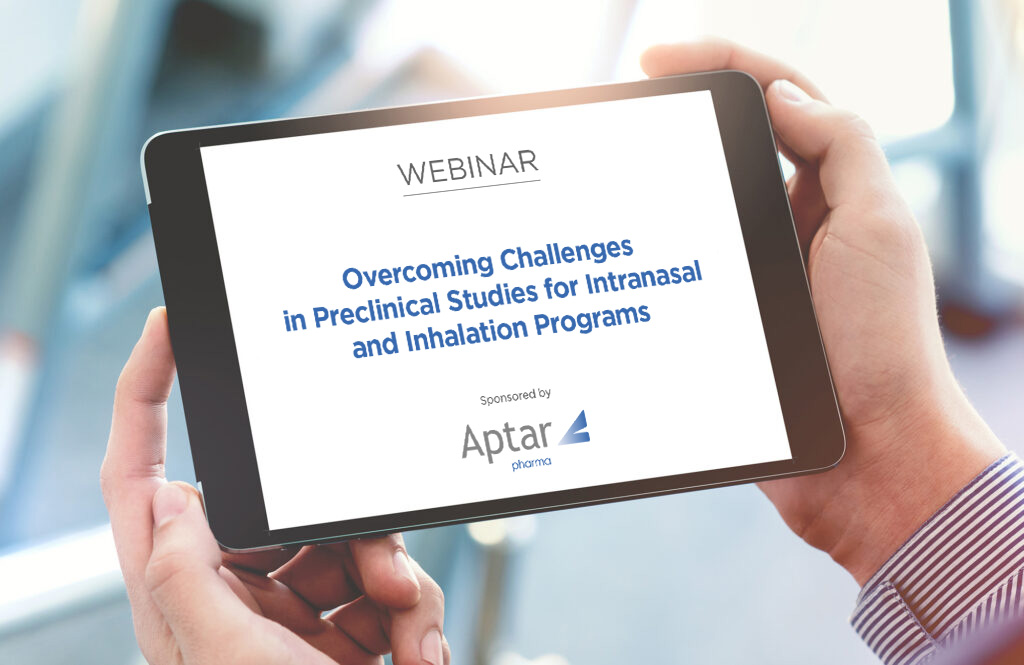
Overcoming Challenges in Preclinical Studies for Intranasal and Inhalation Programs
Webinars, Pharmaceutical, Innovation & Insights, Drug Delivery Innovations, Market Insights, Product Solutions
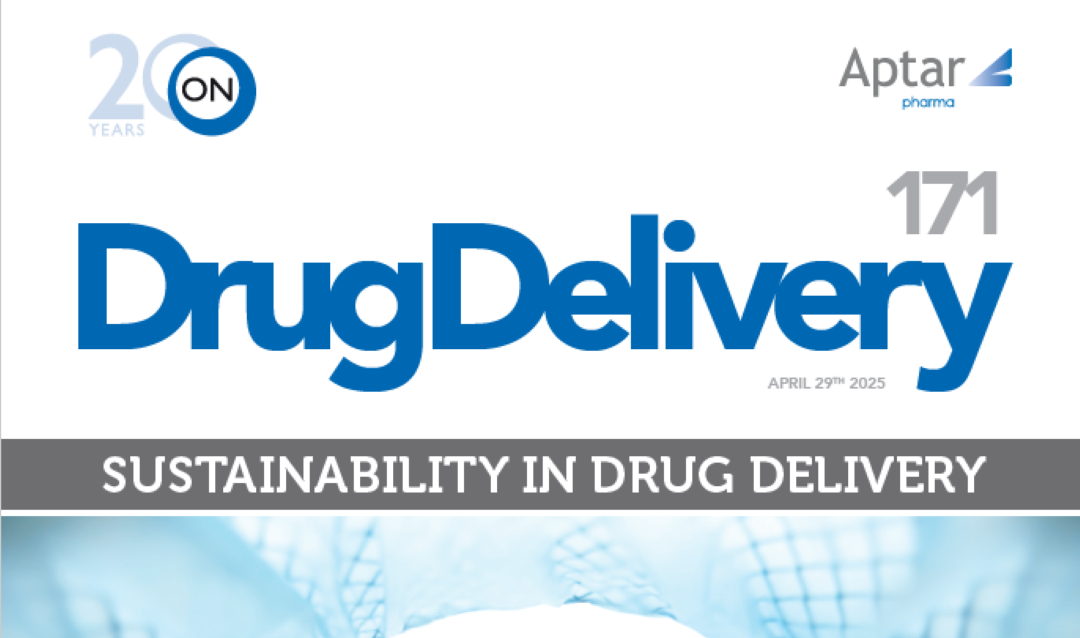
Low GWP pMDI Q&A with Aptar’s ZEN30 Futurity™ Valve Solution
Publications, Pharmaceutical, Market Insights, Product Solutions, Sustainability, Drug Delivery Innovations, Brand Differentiation
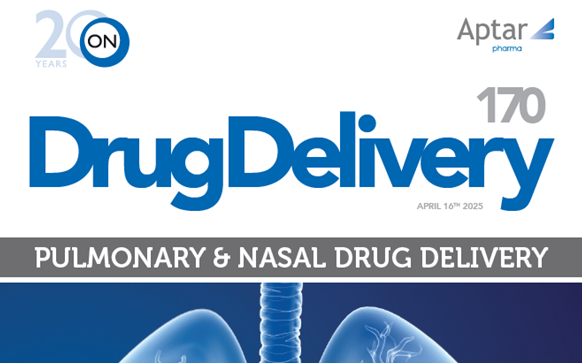
Innovations in Pulmonary Care: DPI and NPLI Lead the Way
Publications, Pharmaceutical, Innovation & Insights, Drug Delivery Innovations, Market Insights, Product Solutions
